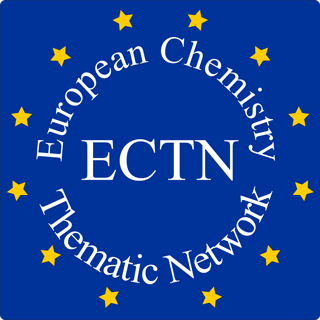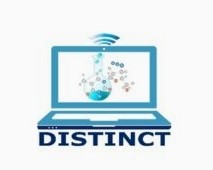DISTINCT – Stakeholders Support and Policy Recommendations
Main goal: Preparation of a good practice guide to support educational institutions in improving design, management and evaluation of chemistry studies
Synopsis
While preparation of the Distinct Platform, Remote Lecturing and Laboratory Support Toolkits can be regarded as results generated by bottom-up, grassroot self-organized activities of partner institutions, the objectives of elaboration of Stakeholders Support and Policy Recommendations are to:
- mainstream best practices in improving design, management and evaluation of chemistry studies
- support institutions in formulating and/or improving strategies for risk management in the “Brave New Normal Post-Pandemic World”
- contribute to better inclusion and ensuring equal opportunities
- facilitate adoption of similar interventions to those done in the project by other institutions
In general, the result will be a set of “dos and don’ts” for academic staff, in particular for academic decision makers. Simple user friendly guidelines will be developed to offer practical support in dealing with such issues as: IPRs, GDPR, ergonomics of virtual environment, “netiquette” etc. For decision makers, the recommendations will concern systemic and structural problems of chemistry studies: various forms of learning (onsite, hybrid, blended and virtual – how to organize them in a way to facilitate switching between those modes of delivery in crisis situations and what to do if there would be shutdown of Internet connections or electricity supply). Also recommendations on cooperation patterns with stakeholders (with particular stress put on COVID and post-COVID chemistry landscape) will be formulated.
ECTN and VIKO, with support of other partners and strong involvement of associated partners as well as other important stakeholders organizations (EURASHE, European Chemical Society etc.). Partner universities will be responsible for activities in their countries (cooperation with stakeholders organizations, adaptation of DISTINCT outputs to local needs, organization of multiplier events etc.).
Leaders: Sanjiv Prashar (sanjiv.prashar@urjc.es)
Affiliation: European Chemistry Thematic Network
& Marius Ignatonis (m.ignatonis@viko.lt)
Affiliation: Vilniaus Kolegija (Vilnius, Lithuania)

Disclaimer: The European Commission’s support for the production of this publication does not constitute an endorsement of the contents, which reflect the views only of the authors, and the Commission cannot be held responsible for any use which may be made of the information contained therein.

